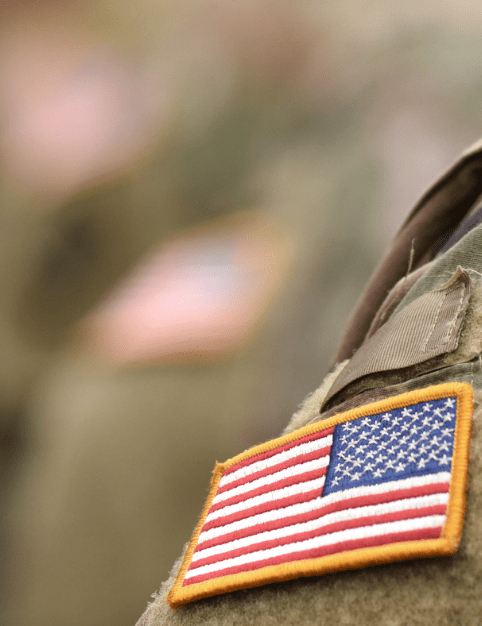Table Of Contents
The Federal Circuit has issued a decision addressing circumstances in which VA must consider testimony by veterans regarding a relationship between a current injury and active military service. In King v. Shinseki, the Federal Circuit found that VA permissibly dismissed a statement from the veteran regarding the cause of his injury because he did not have the proper training to render this kind of an opinion.
In the distant past, VA rejected statements from vets — considered non-expert testimony by veterans — on the question of causation by stating that veterans could not offer medical opinions. However, after much litigation at the Federal Circuit and the Veterans Court, a new rule has developed that states that VA cannot “categorically” dismiss statements from veterans on the question of whether something that happened in service caused a disease or injury. In other words, a veteran’s own statement about the cause of his injury or disease could substitute for the same statement offered by a medical professional. The fact that the statement was given by a veteran rather than a doctor is not all that important.
However, ultimately the statement from the veteran must still be determined to be “competent.” Competency simply means that that the veteran possesses the requisite knowledge. VA does not have to consider a veteran’s statements about causation if those statements are determined to not be competent.
As noted above, VA used to reject veterans’ statements about causation by simply saying that the a veteran could not make a medical judgment. This, of course, was a violation of the rule that VA cannot “categorically” dismiss statements from veterans. What is now happening is that VA is simply saying that the veteran does not have the competency (i.e., requisite knowledge) to make a call about causation.
So the end result of much litigation at the Federal Circuit and the Veterans Court has been that VA has changed its boilerplate from “veterans cannot offer opinions on questions of medical etiology” to “this veteran does not have the requisite medical training to offer an opinion on medical etiology.” In other words, not much has changed.
Legal Assistance with Veterans’ Claims
If you need help supporting a claim for VA disability compensation call our advocates for veterans at (855) 855-8992
or complete our free online case evaluation form.

Congress Aims To Streamline Community Care For Veterans
Congress Aims To Streamline Community Care For Veterans Obtaining approval to see a doctor outside...

Major Victory: VA Invests Over $800 Million to Fight Veteran Homelessness
Major Victory: VA Invests Over $800 Million to Fight Veteran Homelessness The Department of...

What is the VA DBQ?
What is a VA DBQ? A VA Disability Benefits Questionnaire (DBQ) is a form used to convey medical...





